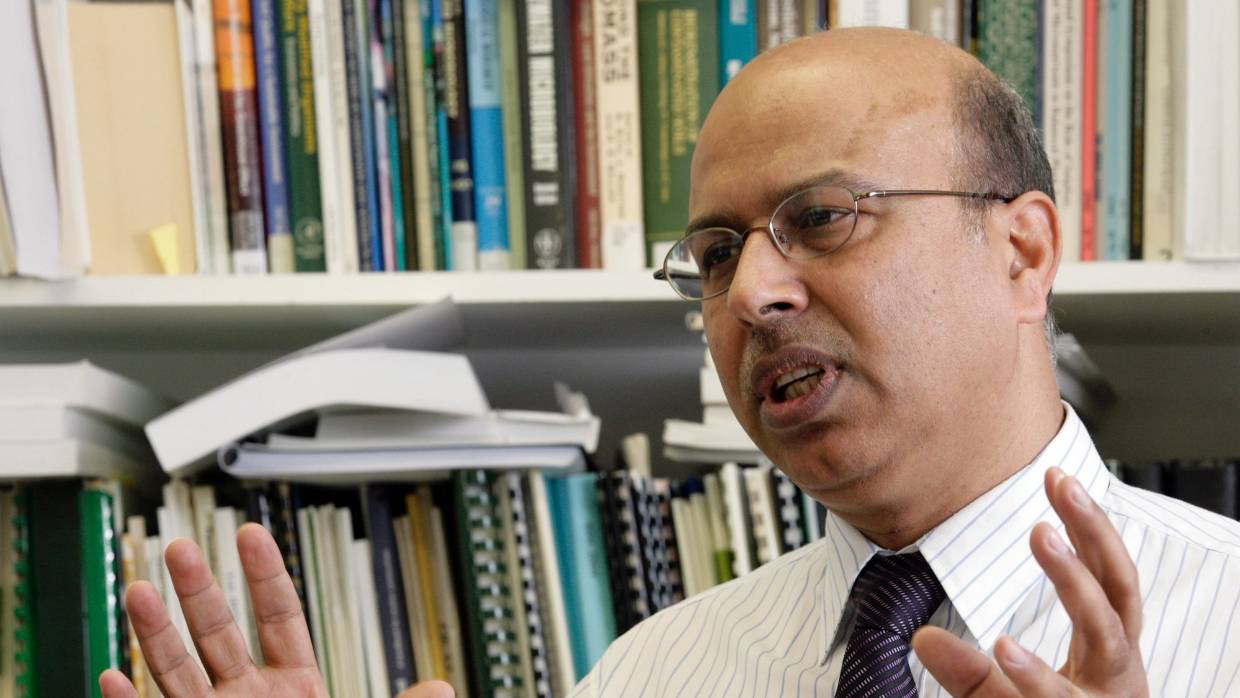Ghani again refuses to acknowledge it was FIANZ that facilitated the creation of the Islamic State of New Zealand a.k.a. Aotearoa Maori Muslim Association, and that FIANZ aims to bring NZ law and lifestyle into sharia compliance, thus establishing a national Islamic community, a.k.a. making NZ an Islamic State.

TARGETED: Federation for Islamic Associations of NZ (FIANZ) president Dr Anwar Ghani told MPs new anti-terror legislation predominantly targets Muslims.
Representatives from New Zealand’s Islamic, Buddhist and Jewish communities have implored MPs not to “up the rhetoric” against minority religious groups.
MPs considering legislation to beef up spying capability and counter domestic terror threats were told the discussion around the new laws had already resulted in a backlash against Muslim communities.
The Countering Terrorist Fighters Legislation Bill is before the foreign affairs, defence and trade committee and briefly open for public submissions, as the Government tries to push it through under urgency.
Federation for Islamic Associations of NZ (FIANZ) president Dr Anwar Ghani said the bill predominantly targeted Muslims.
The urgency for the bill did “not bode well for any serious re-consideration”, and the law seemed fait accompli.
Ghani broke down while talking about members of his community, who had been the target of hate speech in the past few weeks.
“This submission is not about the effect on Muslims in this country, but the effect on New Zealanders who are also Muslims,” he said.
“We will support every effort to make sure New Zealand remains peaceful and vibrant in every sense. However, you have to be in that community, to feel the pressure, to go through what the community goes through.”
National MP Jami-Lee Ross said he had read the legislation five times, “nowhere can I find any words targeting any one religion, or any one group of people.”
Ghani said it was the impression created by the case the Government had built to support the legislation – the rise of Islamic State – that targeted Muslims.
That impression was still present in the legislation, whether or not religious groups were explicitly identified.
Talking to media outside the committee, Ghani said he got emotional talking about how the bill could erode the peaceful values New Zealanders enjoyed.
“It takes years to build trust, and if we undermine trust then it starts to affect the community.
“Once it starts to affect the community, then we start to have problems,” he said.
“We should be mindful and thinking of our people, regardless of colour, faith or whatever group they come from, that we need to preserve that part while we maintain our international obligations.”
The religious communities leadership forum, which encompasses FIANZ, the Buddhist Council, the Indian Association of New Zealand and the New Zealand Jewish Council also submitted.
Joan Buchannan, a Buddhist and the convenor of the group, told MPs the rushed nature of the legislation could lead to unintended consequences.
“We’re told to trust the SIS and to be totally frank, it’s sounding like a Tui billboard,” she said.
Anjum Rahman, on behalf of the Islamic Women’s Council, said the bill had led to increased harassment of Muslim women, who were bearing the brunt of the backlash on these issues.
“Our community oppose the actions of ISIS yet are suffering unfair consequences.”
The council was trying to compile a list of incidents of abuse or harassment suffered by Muslim women, which Rahman said she herself suffered just last night.
On the visual surveillance provisions in the bill, Rahman said the hijab was a “very important religious practice for many Muslim women and to have video surveillance in their homes when they are not in hijab, and to have other people viewing that footage, is deeply offensive and distressing.”
Victims of domestic violence could be put in more danger through passport suspension or cancellation provisions, as a woman in an abusive situation attempting to flee the country could be prevented from leaving if an accomplice of the abuser provided false information to the authorities.
Again, lack of time and consultation was a “major issue”.
The truncated process means the committee will be hearing submissions as late as 10pm tonight, and holding extended sessions through the weekend.
The Government hopes to have it passed into law within two weeks.
Muslim communities facing a ‘backlash’ over law
